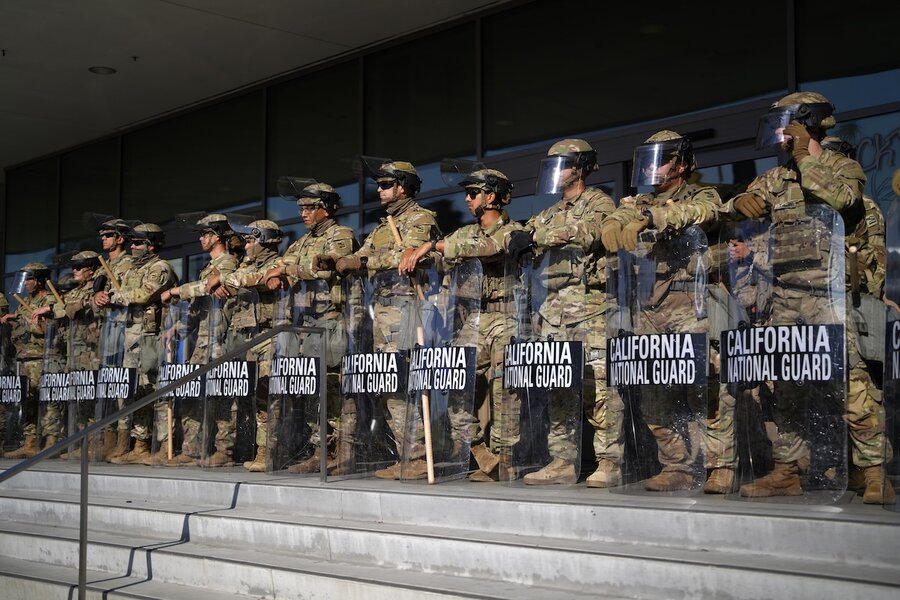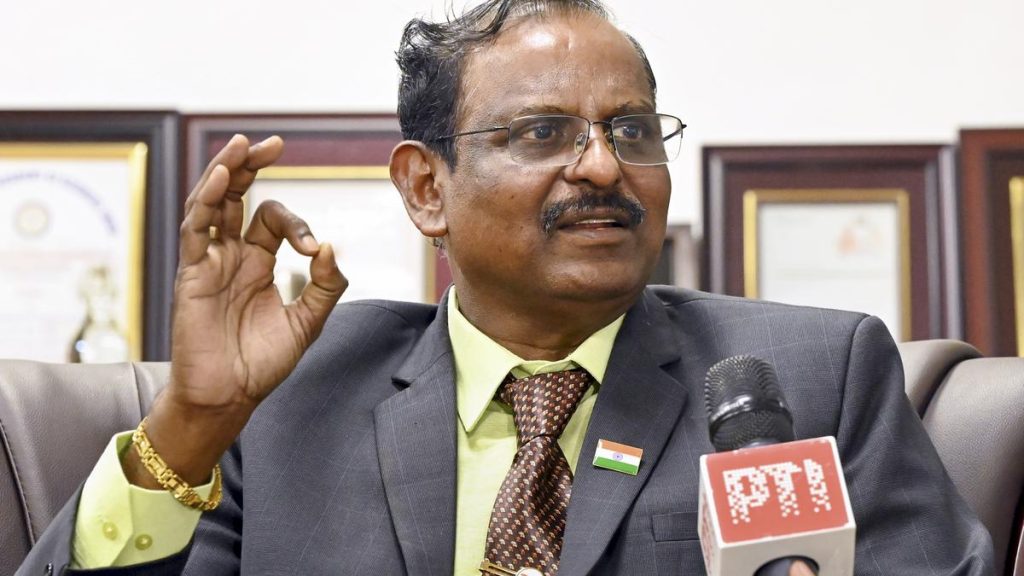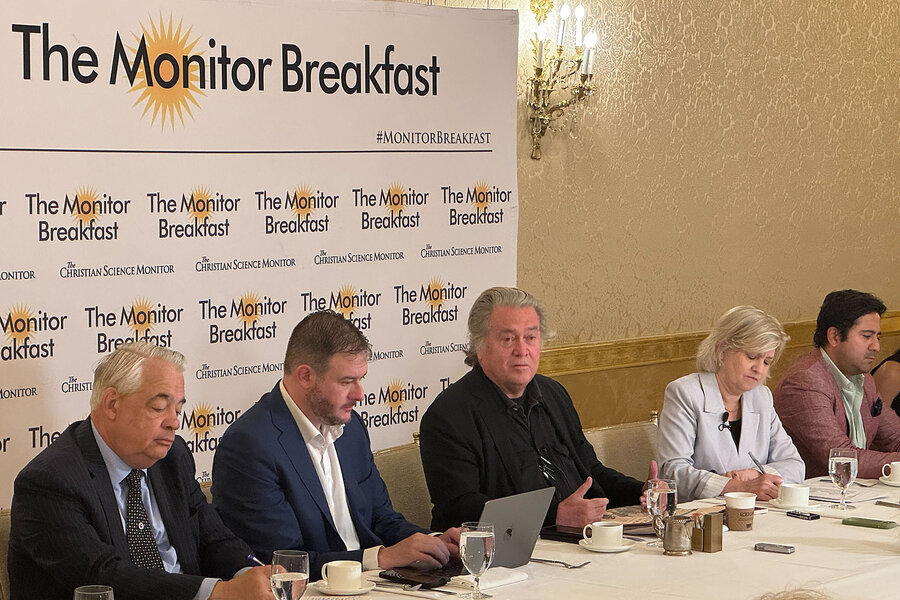Now Reading: Appeals Court Backs Trump’s National Guard Deployment in LA
-
01
Appeals Court Backs Trump’s National Guard Deployment in LA
Appeals Court Backs Trump’s National Guard Deployment in LA

Rapid Summary
- An appeals court allowed former President Donald Trump to retain control of National Guard troops deployed in Los Angeles amid protests over immigration raids.
- The 9th U.S. Circuit Court of Appeals overturned a lower court ruling that alleged Mr. Trump acted illegally by activating the soldiers without California Governor Gavin Newsom’s approval.
- The deployment, which occurred during violent protests, was the first instance since 1965 where a president federalized state National Guard without governor consent.
- The appeals court ruled that Mr. Trump likely exercised lawful authority, citing evidence of escalated violence during protests, including attacks on federal officers and property damage.
- Although California law requires notification to the governor prior to federalizing National Guard forces,the court stated Gov. Newsom had no veto power over Mr. Trump’s decision.
- Governor Newsom expressed disappointment but praised aspects of the ruling that limited presidential claims of unfettered authority over state militias.
- Wider implications could emerge regarding presidential powers in deploying military forces within U.S borders following this case.
Indian Opinion Analysis
The legal wrangling over control of state National Guards touches upon fundamental principles balancing local autonomy against federal authority-a debate relevant even outside U.S contexts like India’s Center-State relations under its constitution.For India, where states maintain civil order through their own police forces and paramilitary support from central agencies (e.g., CRPF), questions about encroachment on powers often surface during emergencies or unrests.
In this scenario, judicial frameworks played a critical role as arbiter between competing governments-a precedent underlining how constitutional mandates can adapt amid political tensions regardless elsewhere Boundary clear delineations overseeing our atom
























